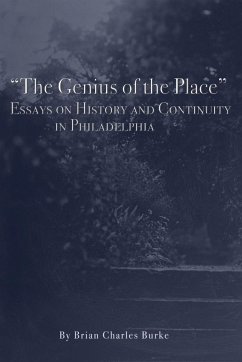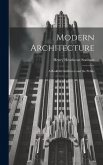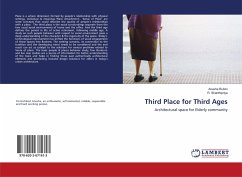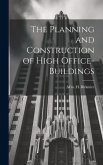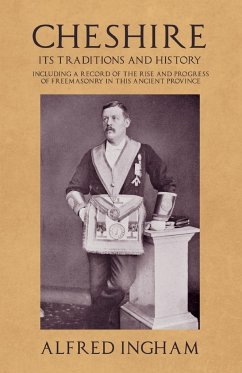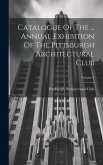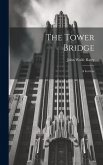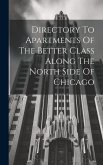Two rivers, the Delaware and the Schuylkill, shape the city of Philadelphia. The Schuylkill by flowing into the Delaware makes Philadelphia a peninsula. The Delaware, past its union with the Schuylkill, flows into the Atlantic Ocean. The hills and plains of the two river valleys define the genius of Philadelphia's topography. William Penn promised his first settlers the best of these rivers' uplands and lowlands: land "high and dry," he wrote, but "well watered" by the many streams flowing into the rivers. Character has also endowed Philadelphia with its genius. William Penn picked Hebrews 13.1, Philadelphia maneto, "Let brotherly love remain," as its motto and ethic. The first essays of this book explain this endowment. In the later years of the nineteenth century, Philadelphians became less aware of the genius of their city's place and ethic. Few modern Philadelphians earn a living from their city's topography or live lives inspired by its ethic. The first settlers lived here because of both. Stephen Girard, for example, the most famous man in the 31 essays of this book, made his fortune by a fleet of ships on the Delaware, bought a farm on the Schuylkill, and on his demise created a free school for orphans. Brotherly love had inspired his ethic. Other Philadelphians in this book conform to a less inspiring pattern: they made their fortunes in trade on the Delaware and retired to leisure on the Schuylkill. The Schuylkill became synonymous with leisure. It provided the site for a park, Fairmount and the hills to the west. By focusing on buildings still visible in the city, this book reveals their origin in Philadelphia's genius-a genius that weaves a web uniting what we see today.
Hinweis: Dieser Artikel kann nur an eine deutsche Lieferadresse ausgeliefert werden.
Hinweis: Dieser Artikel kann nur an eine deutsche Lieferadresse ausgeliefert werden.

